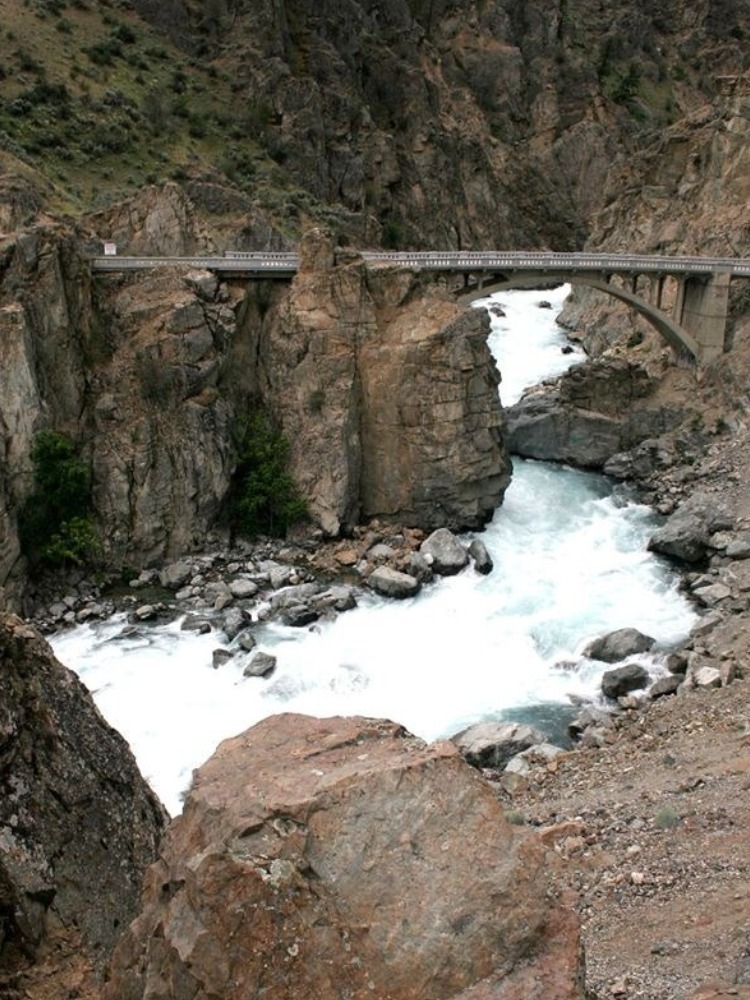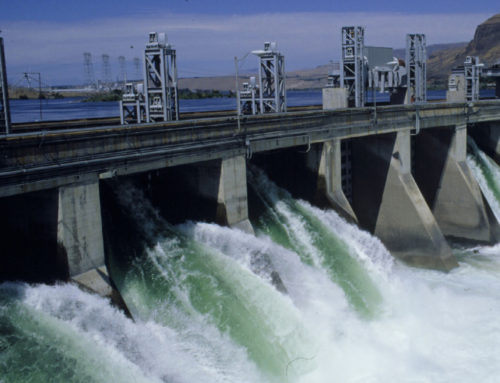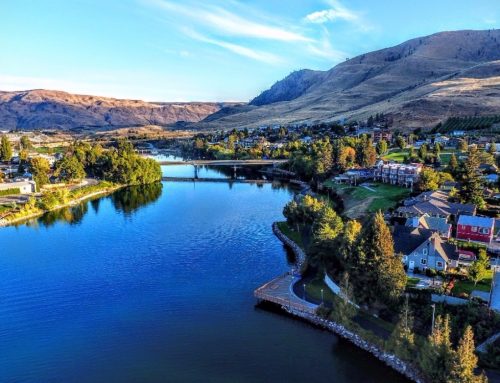Washington Department of Ecology projects ample water supplies
information released by DOE
Unanticipated cool, wet weather in May and June prompted the Washington Department of Ecology to cancel the drought declaration for Central and Eastern Washington. Water supply conditions have been much better than expected. As a result, no part of Washington is experiencing drought conditions.
The decision to end the drought declaration came after the second-wettest May through June in Washington since 1895.
According to state law, a drought can be declared when the water supply in an area is below 75% of normal and there is an expectation of undue hardship. The lowest streamflow forecast in the state – the Colville River at 86% of normal – is now well above that threshold. Some streamflow forecasts are much higher.
Unseasonably cool weather over the spring and early summer has preserved snowpack, causing it to last longer into the summer, which will support late-summer water supply needs according to Jeff Marti, Ecology’s statewide drought coordinator.
“Conditions have improved. All areas of the state, including the five watersheds specified in the drought declaration, have received significantly above-normal precipitation,” Marti said. “The outlook is much better than forecast back in May.”
This year’s conditions are in stark contrast with last year’s. Spring 2021 was the second-driest on record, and then an unprecedented late-June heatwave smashed temperature records across the state.
In response, Ecology issued an emergency drought declaration in July 2021 covering 96% of the state. Only Seattle, Everett and Tacoma – cities with ample water storage – escaped the drought designation.
By May of this year, wetter temperatures brought relief to much of the state, but some portions of eastern Washington had yet to fully recover from 2021’s severe conditions. This led Ecology to extend the drought declaration for five eastern Washington watersheds.
What followed was weather that doubled the usual amount of rain in June for parts of eastern Washington.
“Conditions have been anything but drought-like,” Marti said. “We’ve experienced one of the wettest, coldest springs in recent memory. While the ‘Juneuary’ put a damper on gardening and outdoor activities, it provided a dramatic recovery for water supplies.”








